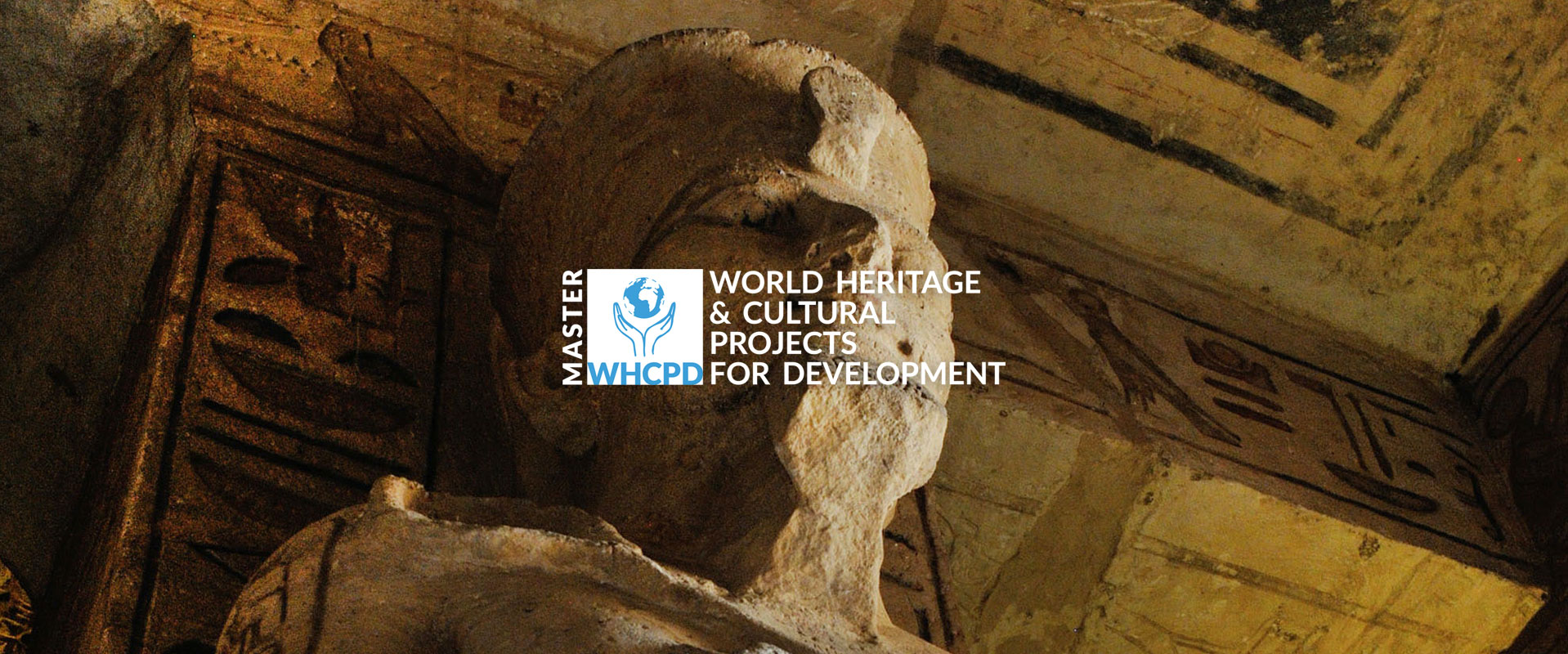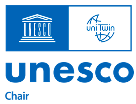Course contents
The Program is worth a total of 60 credits (CFU - Crediti Formativi Universitari), for a total amount of 1.500 hours, divided as follows:
- 400 hours of on-campus lectures and distance learning
- 1100 hours of Individual Study and Final test.
All activities will be in English.
Course contents and methodology
Theory and practice are combined in order to provide students with essential knowledge and competences needed to develop economically sound projects based on cultural activities in the areas of natural and cultural heritage, cultural and creative industries and also tourism.
The Master's multidisciplinary approach promotes discussion, debate and diversity by providing opportunities for exchange and peer learning, both in the classroom and during the study visits.
Participants will be able to:
- Attend lectures with international renown experts and professors;
- Analyse contemporary case-study;
- Participate in activities, workshops and study visits to selected sites/locations;
- Apply the frameworks and concepts by designing their own project that they can implement after the completion of the course;
- Receive support for learning comprehension and write-up of the final project document
The Master aims at impart necessary competencies and skills in strategic and project management of cultural resources, design and implementation of cultural projects, and promotion of World Heritage Sites and other UNESCO destinations
Course topics
The course consists in a mix of lectures, exercises and study visits, and is divided into 6 learning modules (click on the following menu items):
1. Introduction to Culture and development (Distance Learning)
The introductory distance learning phase is aimed to familiarize with the main course topics: current challenges in heritage and culture, sustainable development, the global system of UNESCO World Heritage and related UNESCO cultural programs. The module is delivered through asynchronous learning. Participants are expected to acquire basic knowledge and competences through the guided study of teaching resources and the carrying out of assignments. Regular online meetings and discussions are planned with tutors to review the activities carried out by the participants in this phase.
2. Economic analysis of cultural and heritage resources
This module provides the main theoretical and empirical tools for the economic analysis of cultural heritage and sectors of the creative economy. The main topics covered concern the economic characteristics of cultural goods and activities, the role of cultural capital and districts for sustainable local development, cost-benefit analysis and evaluation of the impacts of cultural and artistic activities, the value chain of the creative sectors.
3. Culture and Tourism Economics
This module analyzes topics and issues relevant for a wider understanding of the contemporary challenges for cultural projects. The main areas covered include cultural tourism and community branding, museum planning and management, the impact of innovation and digitization in cultural organizations, culture-led regeneration strategies and legal aspects of art production
4. Sustainable Planning and World Heritage Sites
This module investigates the tools for planning, managing, evaluating and monitoring cultural resources and heritage assets, focusing on frameworks, instruments and methodologies for sustainable and strategic planning and management. Participants will be equipped with tools for decision-making processes and stakeholders engagement in the sphere of natural and cultural heritage promotion, with a special focus on World Heritage sites and other UNESCO designations.
5. Management Tools for Cultural projects
Project cycle design and management are the core of this module. Problem analysis, stakeholder mapping, strategy selection (alternative analysis), project planning (logical framework) and scheduling, project formulation, resource allocation, budgetary management as well as monitoring and evaluation of projects will be analyzed in order to allow participants to develop the competences needed. Participants will be able to practice the development of the project logical framework and project appraisal techniques through a dedicated workshop based on a real case study.
6. Thesis Preparation (face to face + distance)
The thesis is based on the development of an applied cultural project. This last part of the program consists of two phases. A first face-to-face phase of two weeks, following the teaching modules, where participants through assisted work prepare and present a draft of the project proposal. The second phase will be held in distance and allows participants to focus solely on the development of the project in order to prepare their final submission and to examine potential opportunities of concrete implementation.
Download the study plan in pdf format.









